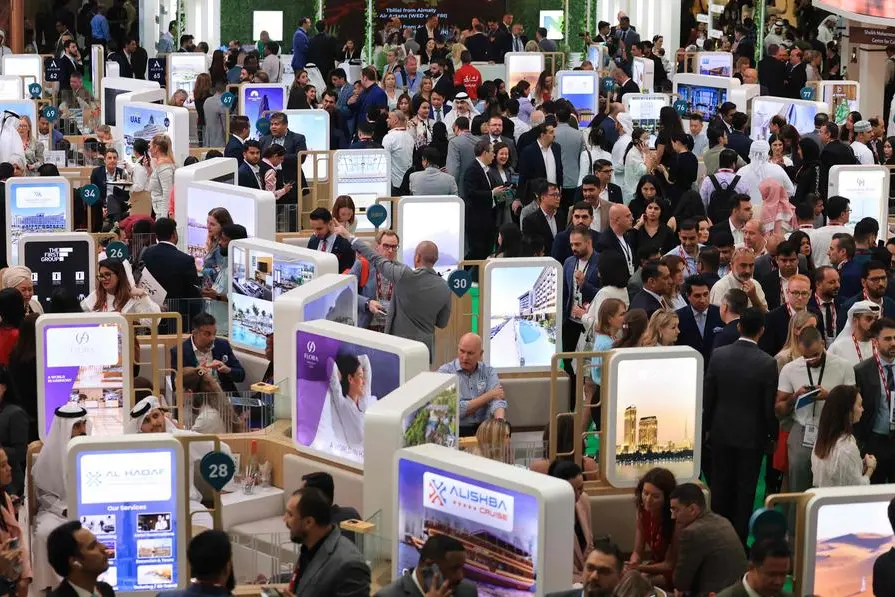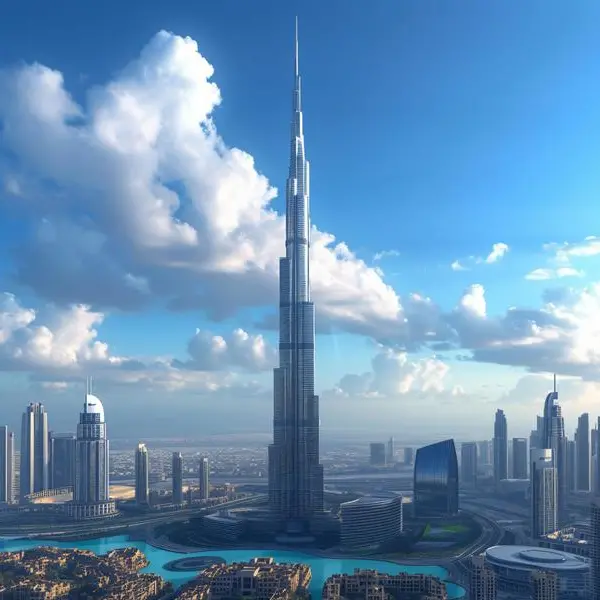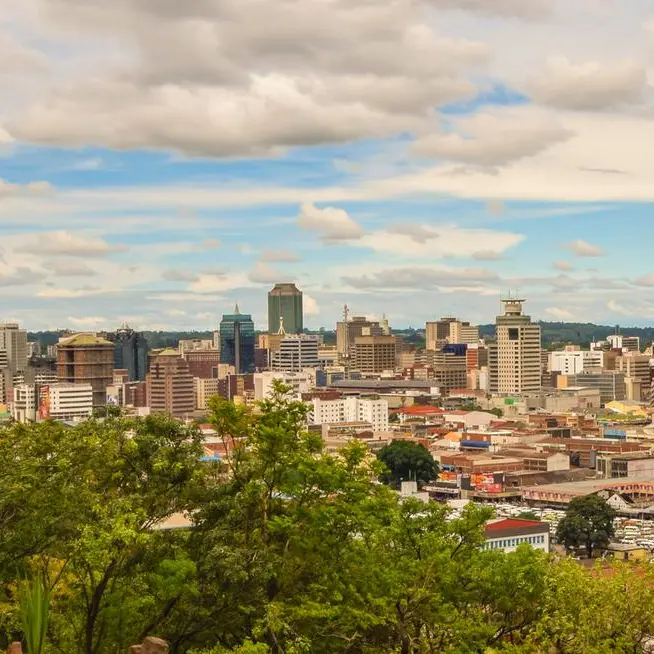PHOTO
The need for a resilience fund to tackle climate concerns within the tourism industry is the latest call by industry experts as the UAE prepares to host COP28 later this year.
“As we go into COP28, it’s time to put tourism at the table,” said Edmund Bartlett, Minister of Tourism, Jamaica, while speaking at the Arabian Travel Market today.
“With this resilience fund, which will be looked after by the tourism sector, the money spent will stay in the destination we visit, used for mitigation, adaptation and recovery.”
Sustainability within the tourism industry may be the growing call, but it doesn’t come without challenges.
Industry leaders are calling for a greater connectivity between the public and private sectors, fuelled further by incentives given to those entities that are willing to take the leap towards green initiatives.
In neighbouring Ras Al Khaimah, which unveiled the design of its Wynn Al Marjan Island project earlier this week, sustainability remains paramount as it looks towards achieving three million tourists by 2030 in the emirate.
“We are the destination of the future and due to our size, we have less red tape,” said Raki Phillips, CEO, Ras Al Khaimah Tourism Development Authority. “We pledged to be the first certifiable sustainable destination and 30 entities signed the pledge with us. Today, we have attracted the largest FDI [Foreign Direct Investment] with Wynn’s USD 3.9 billion investment.”
With 1,500 rooms, suites and villas added to the RAK hotel inventory, visitors will also be able to access a wide array of entertainment options, a gaming area, 24 dining and lounge experiences, spa and wellness experiences, a high-end shopping esplanade, an events centre, a theatre and other amenities.
Despite the packaging, sustainability remained a key component of the project.
“Seventy percent of Wynn hotels run on renewable energy. With RAK being a smaller destination, we were able to set things up faster,” Phillips added.
Speaking about the financial challenges that stand in the way of sustainability goals within the tourism sector, Maher Abou Nasr, Vice President Operations, KSA, IHG Hotels and Resorts, said things were getting better.
“There is greater awareness on a government level today. Plus, we have initiates in place for the 1,800 hotels in the pipeline, which won’t be built the same as the existing 6,000 have been in the portfolio. If you look at the cost, it is a short-term trade-off for long-term gains,” he said.
(Reporting by Bindu Rai; editing by Seban Scaria)





















